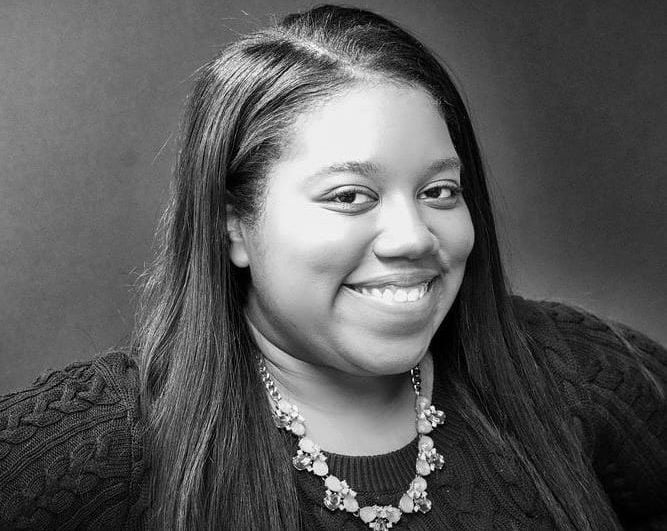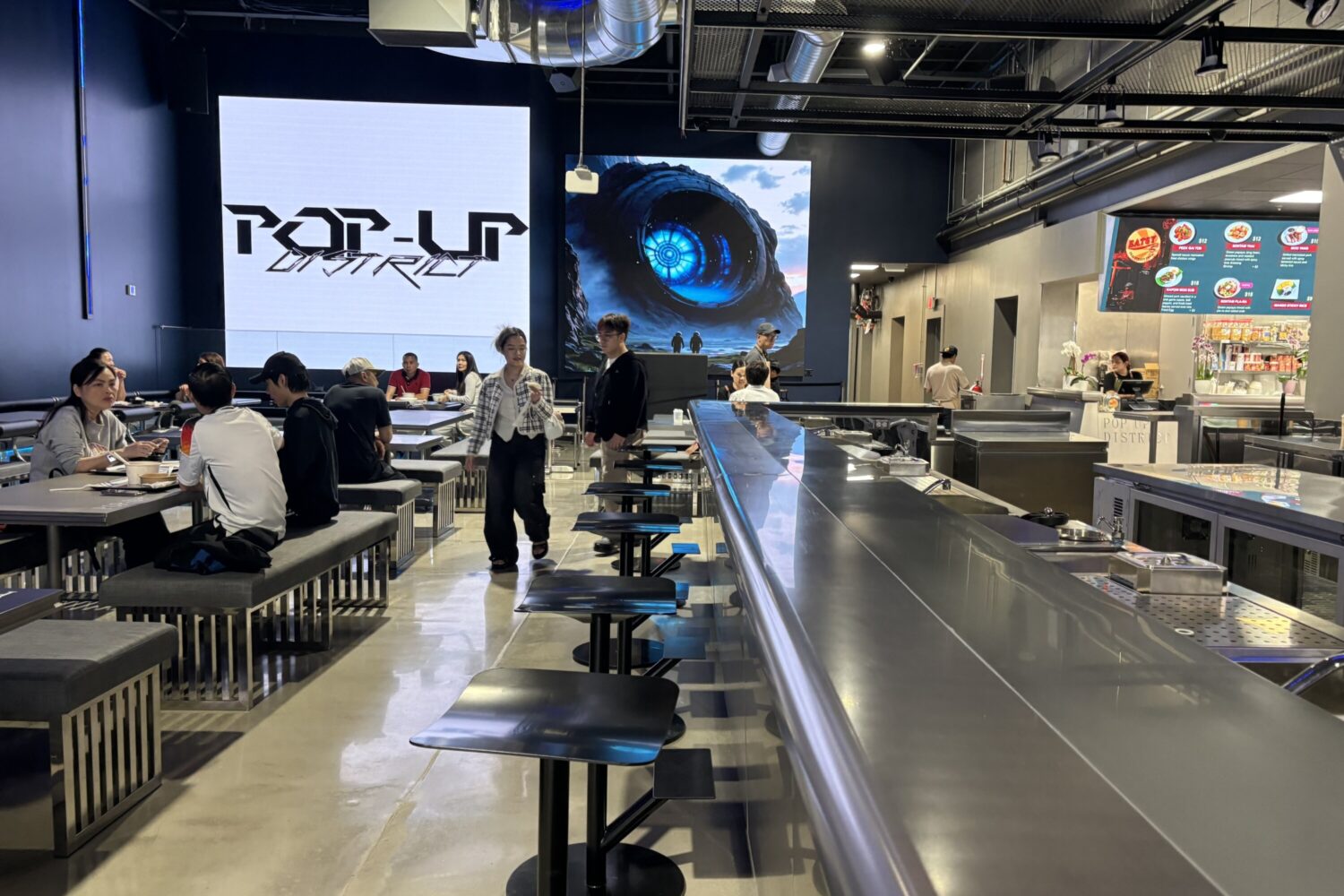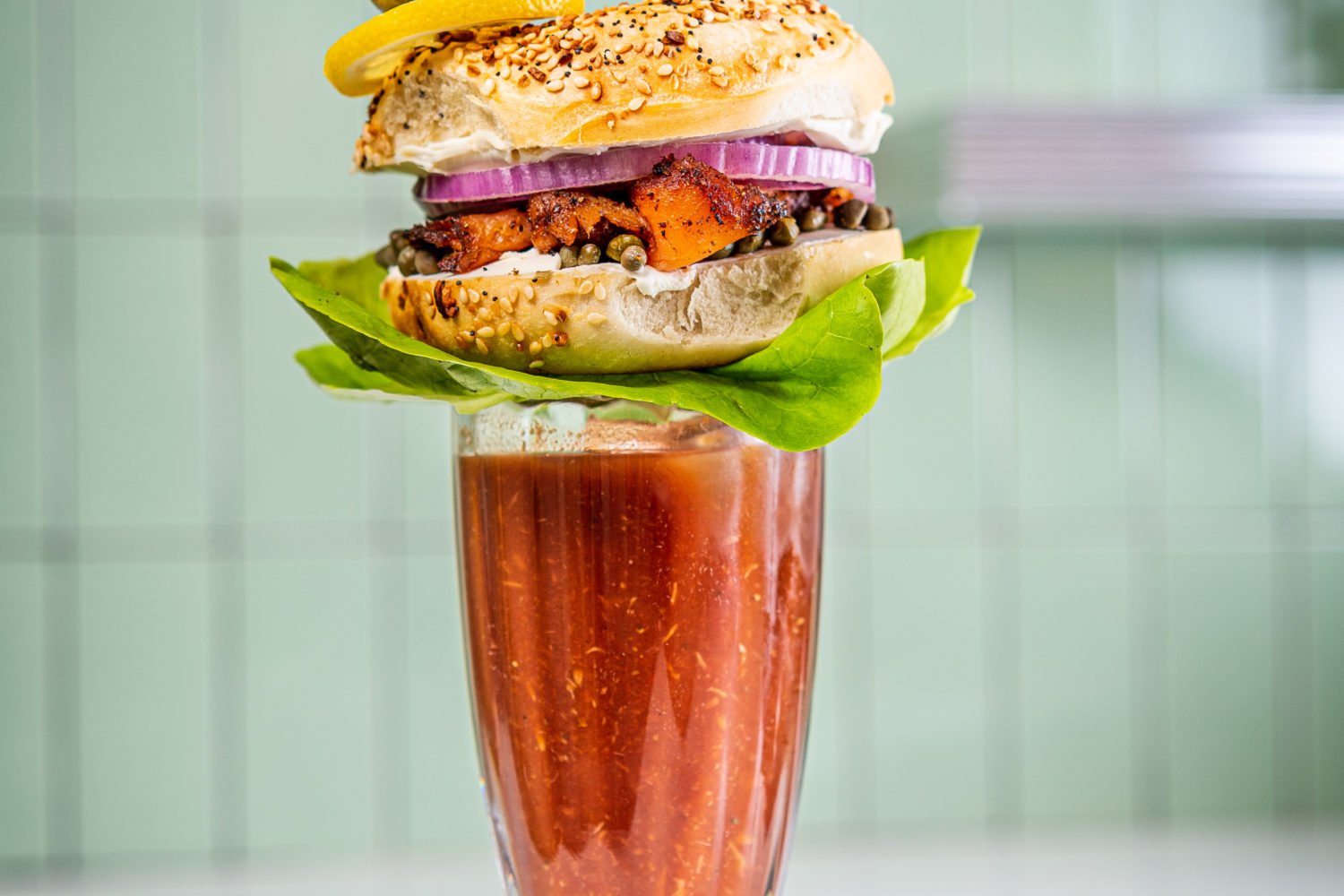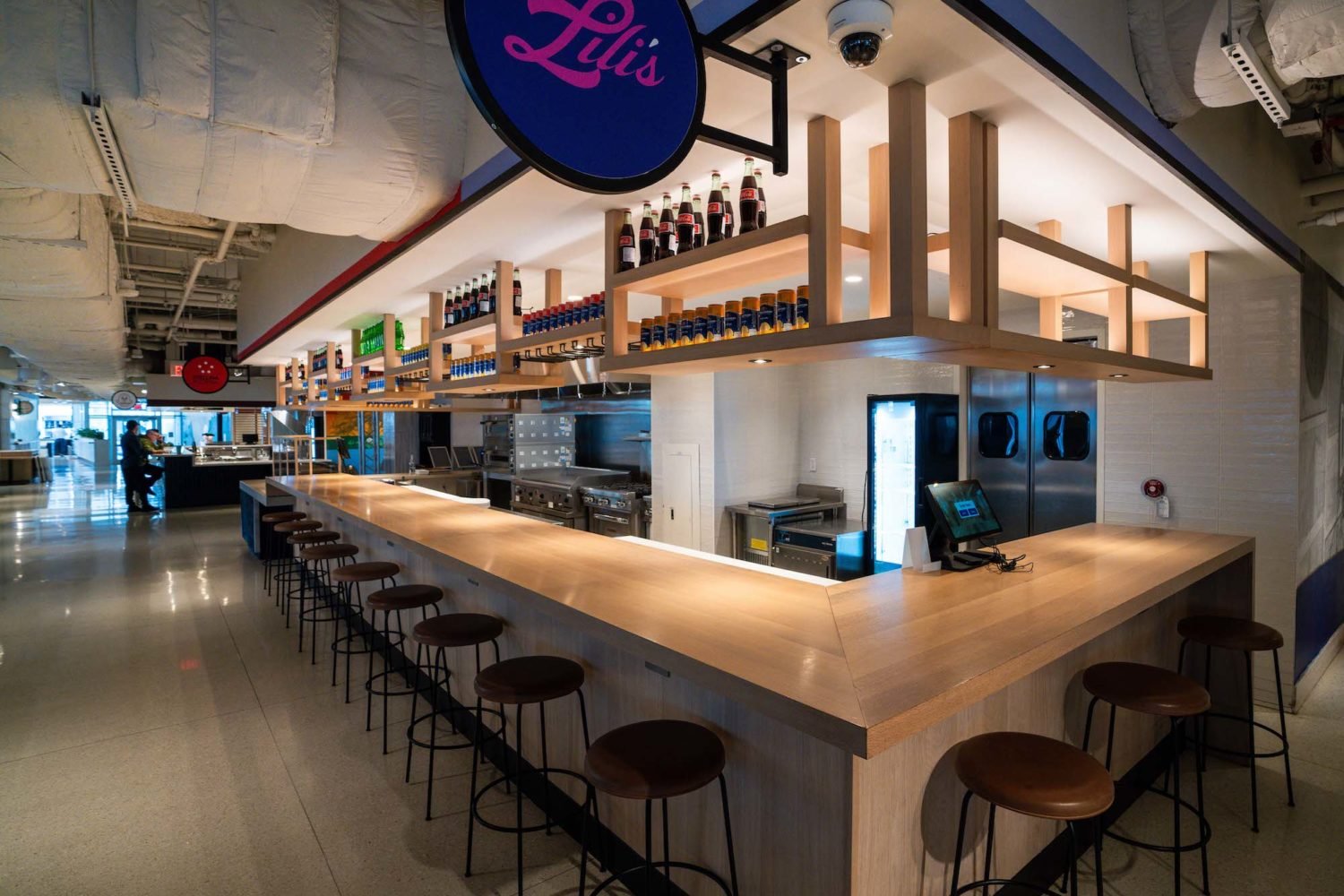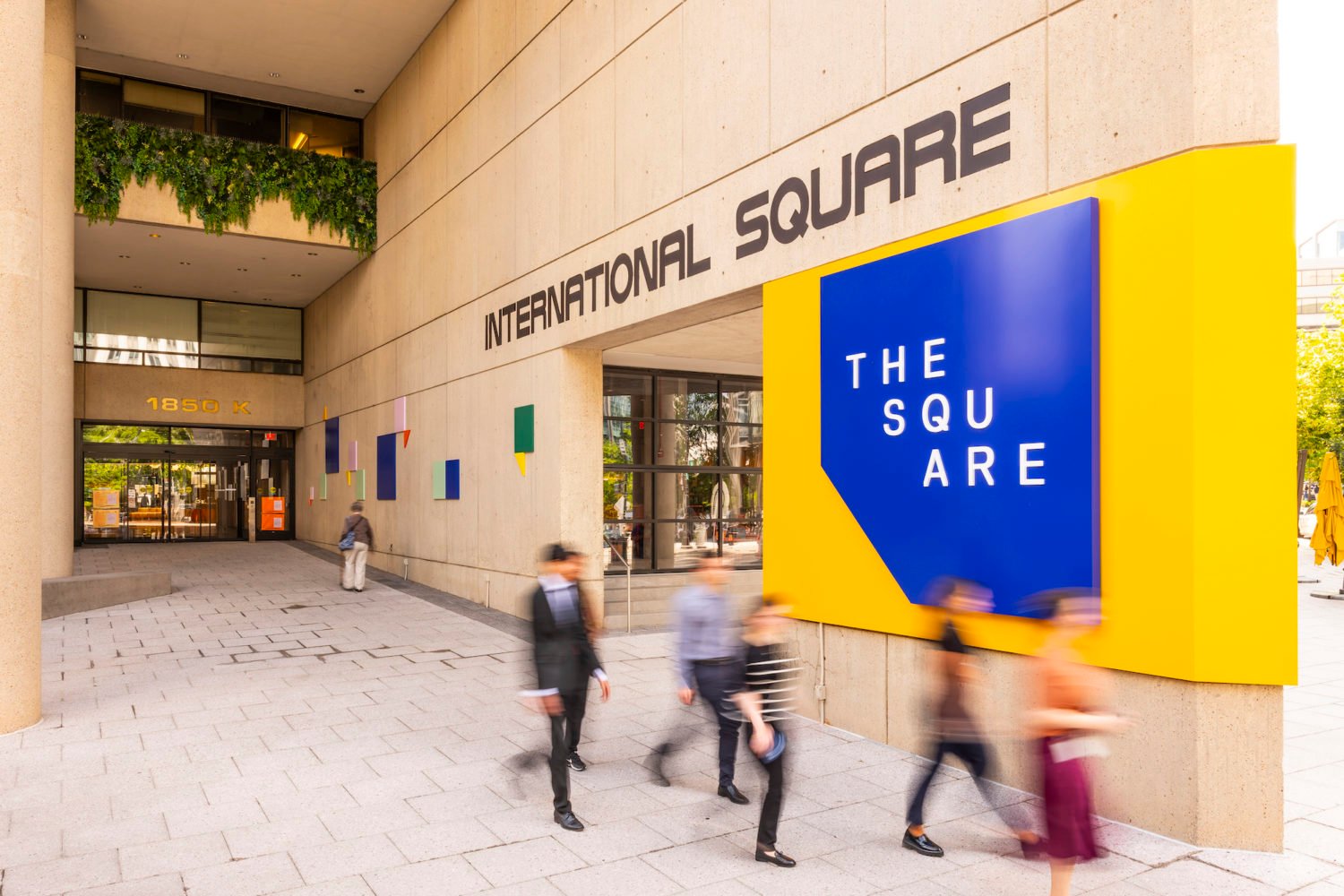As a lifelong Ward 7 resident, Mary Blackford is all too familiar with the struggle that comes with only having three grocery stores east of the Anacostia River. The 31 year-old knows what it’s like pay $20 for a round-trip ride share to visit Giant on H Street. But her perspective shifted on a Babson College teaching trip to Ghana. The town where she lived had a thriving central marketplace where people could gather and purchase necessities. “They had total autonomy of their communities,” says Blackford.
She returned home and started Market 7 in 2017. The series of pop-up markets around Ward 7 has created a platform for 60 Black-owned DC businesses over the past three years, from lifestyle retailers to urban farmers.
“We have a serious food apartheid issue,” says Blackford. “Food desert kind of sounds like it’s a natural occurrence. Food apartheid speaks to this really intentional act of discriminatory practices and even laws against communities of color, specifically Black communities.”
Blackford is now one of three semi-finalists in Essence and Pine-Sol’s “Build Your Legacy” competition, which will award $100,000 to a Black woman-owned business. Voting for the contest ends on Wednesday, July 1. If Blackford wins the grant, it will help support Market 7 as the anchor tenant in Benning Market, a food hall that broke ground in January. It promises to triple the number of food offerings in Ward 7.
“I’ve committed myself to this service and this is my ministry,” says Blackford.
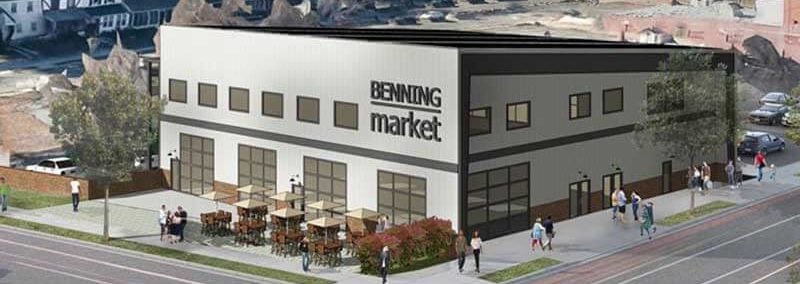
Benning Market’s lot originally housed a dilapidated building. Blackford and a group of volunteers cleared the debris themselves to do an eight week Market 7 pop-up in the space. Once open in 2021, the food hall will feature a community grocer and Black-owned business incubator representing cuisines from across the diaspora, similar to how La Cosecha and the Block are a space for Latin and Asian eateries. In addition to providing entrepreneurs with a platform to sell their products, the incubator will support burgeoning businesses with financial and technical education for a sustainable future.
“We have been shut out of a lot of opportunities,” says Blackford. “We’ve got to build out equity in a way that is inclusive, and also gives true opportunity for Black communities to survive.”

